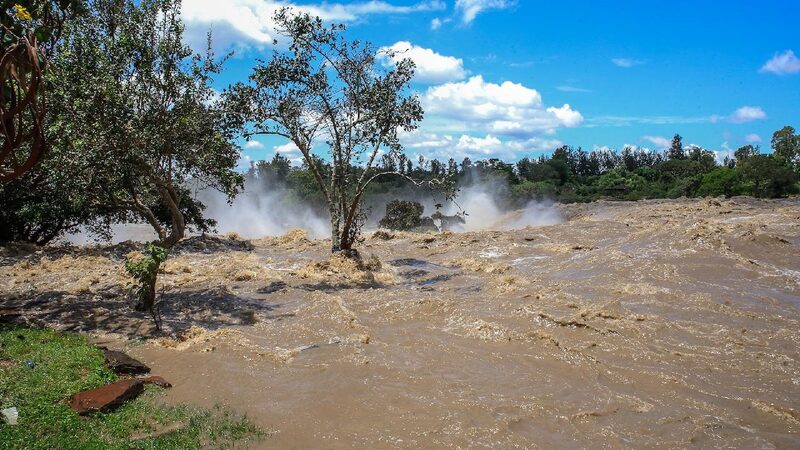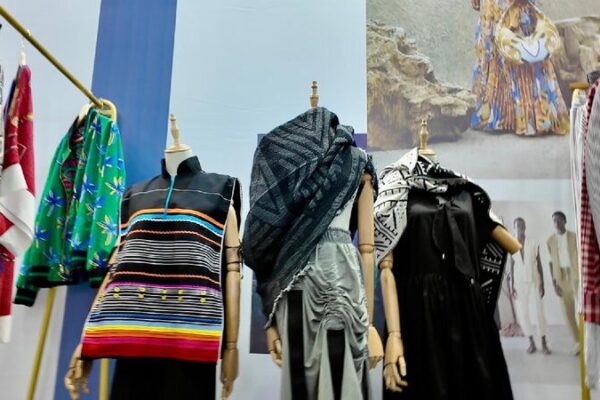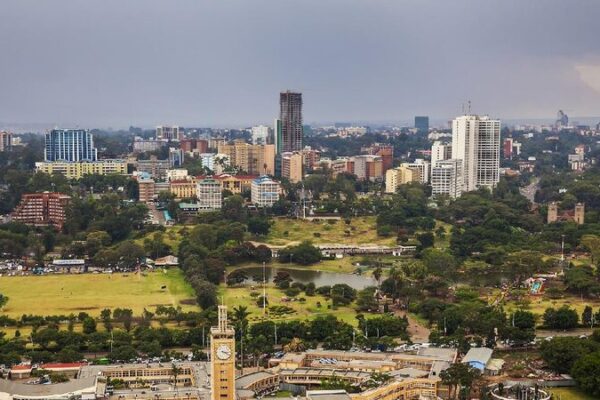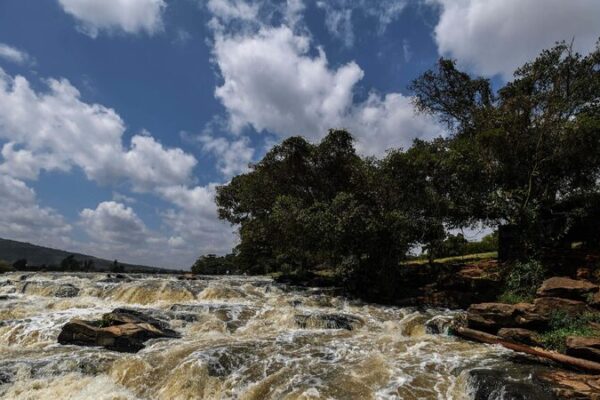African communities are stepping up to safeguard their water resources, as the International Water Management Institute (IWMI) urges local involvement in monitoring the continent’s vital rivers.
With 63 transboundary rivers serving as lifelines for millions, Africa faces challenges due to outdated or insufficient gauging stations. These limitations hinder the ability to monitor water flow and quality, impacting consumption and sustainability.
“This decentralized approach, supported by capacity-building programs, can greatly strengthen the continent’s water management infrastructure,” the IWMI stated in Nairobi. “Local communities can increase data availability and enhance clean water resources.”
By leveraging mobile technology, community members can collect real-time hydrological data, integrating it into larger monitoring systems. This hands-on involvement is critical, as locals interact with their rivers daily and possess invaluable insights.
The IWMI also highlights the need for remote sensing technologies, such as satellite imagery and machine learning, to address gaps left by the lack of on-the-ground monitoring stations. These tools can provide large-scale, high-frequency data essential for effective water management.
Research conducted by the IWMI in 2024 emphasizes the significance of remote sensing and Geographic Information Systems in overcoming Africa’s water data challenges. Strategic investments in technology, robust policies, and collaboration are key to building a water-secure future amid climate uncertainties.
Transboundary rivers like the Nile and the Niger present opportunities for cooperation among the countries they traverse. The IWMI urges nations to engage in data sharing, community involvement, and cooperative water agreements to manage these shared resources effectively.
The establishment of regional data hubs is another solution proposed by the IWMI. By pooling resources and sharing hydrological data, countries can make collaborative decisions that benefit all. Platforms like Digital Earth Africa and Africa GeoPortal can store and analyze vast amounts of satellite data, enhancing the ability to detect trends and manage water resources proactively.
“By integrating these platforms with discharge data, Africa can significantly enhance its ability to detect trends, predict anomalies, and manage water resources more effectively,” the IWMI stated.
Reference(s):
Global agency urges local communities to monitor Africa's water
cgtn.com








